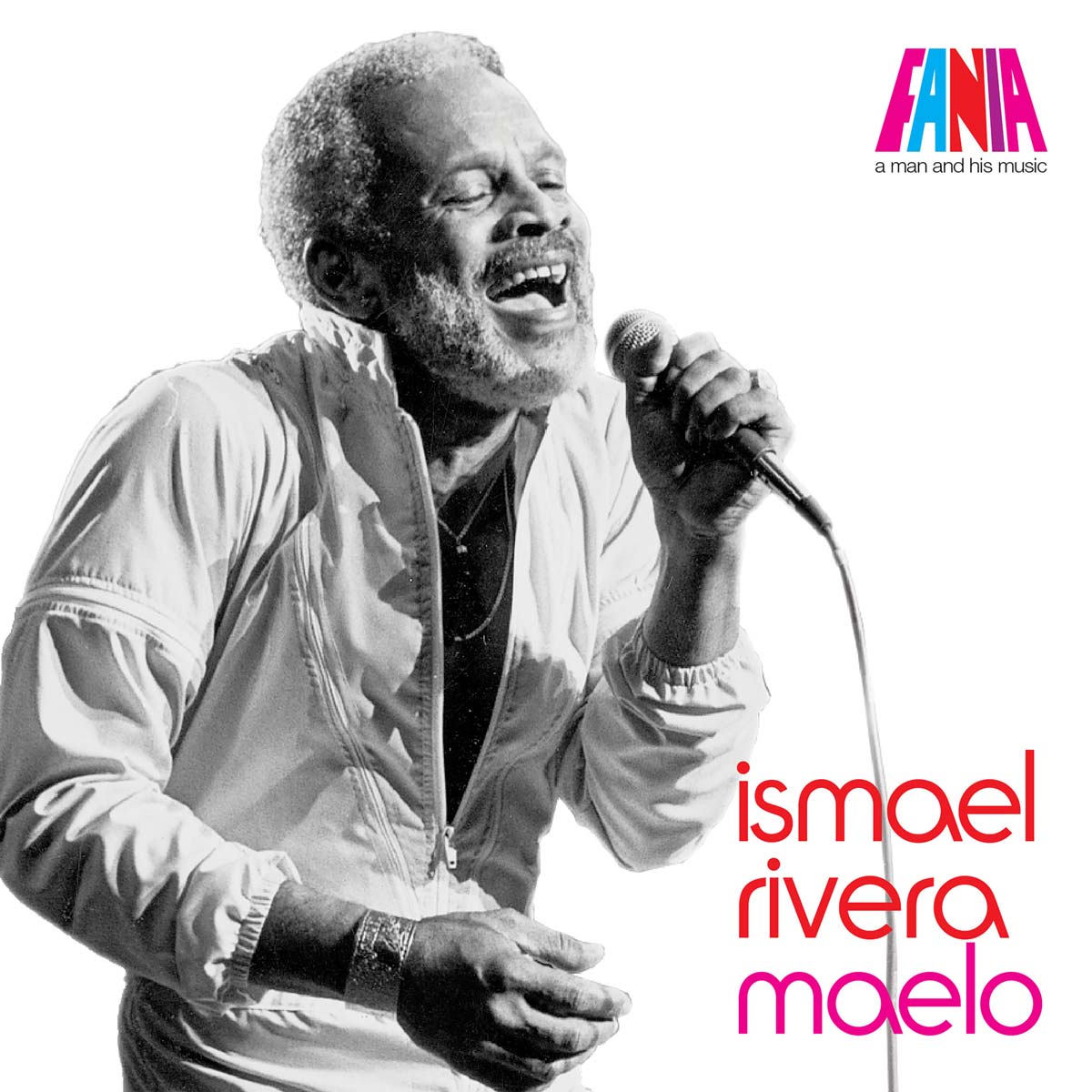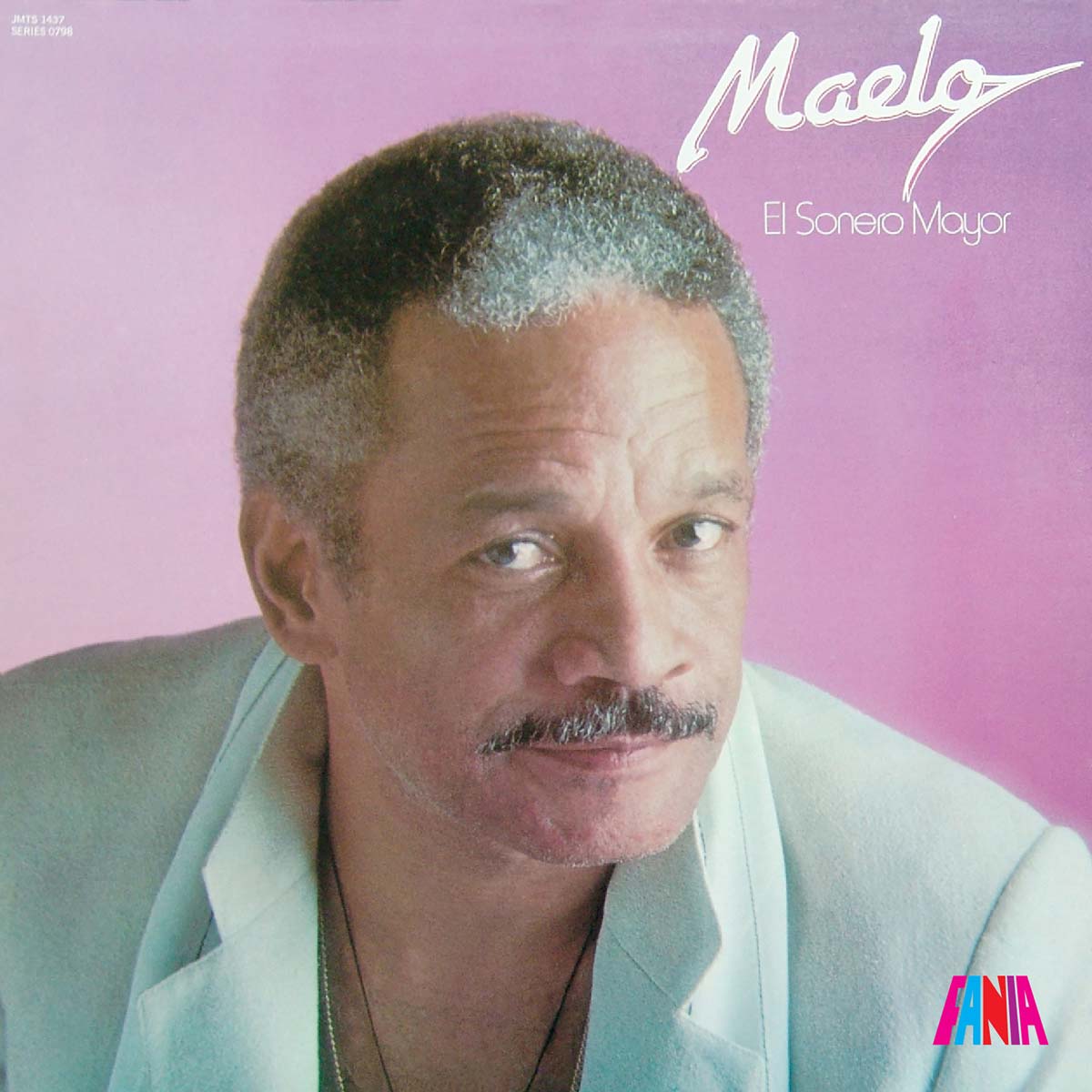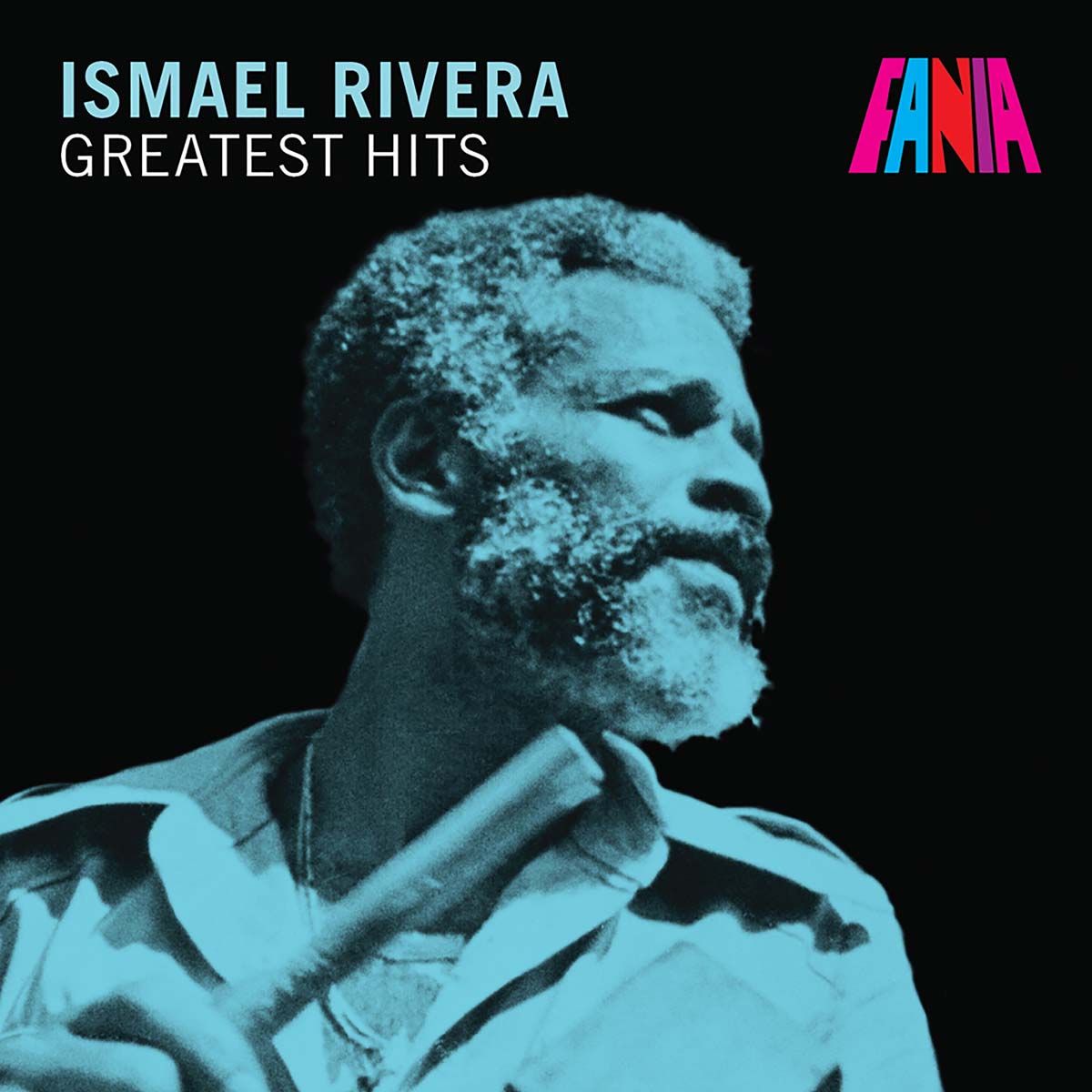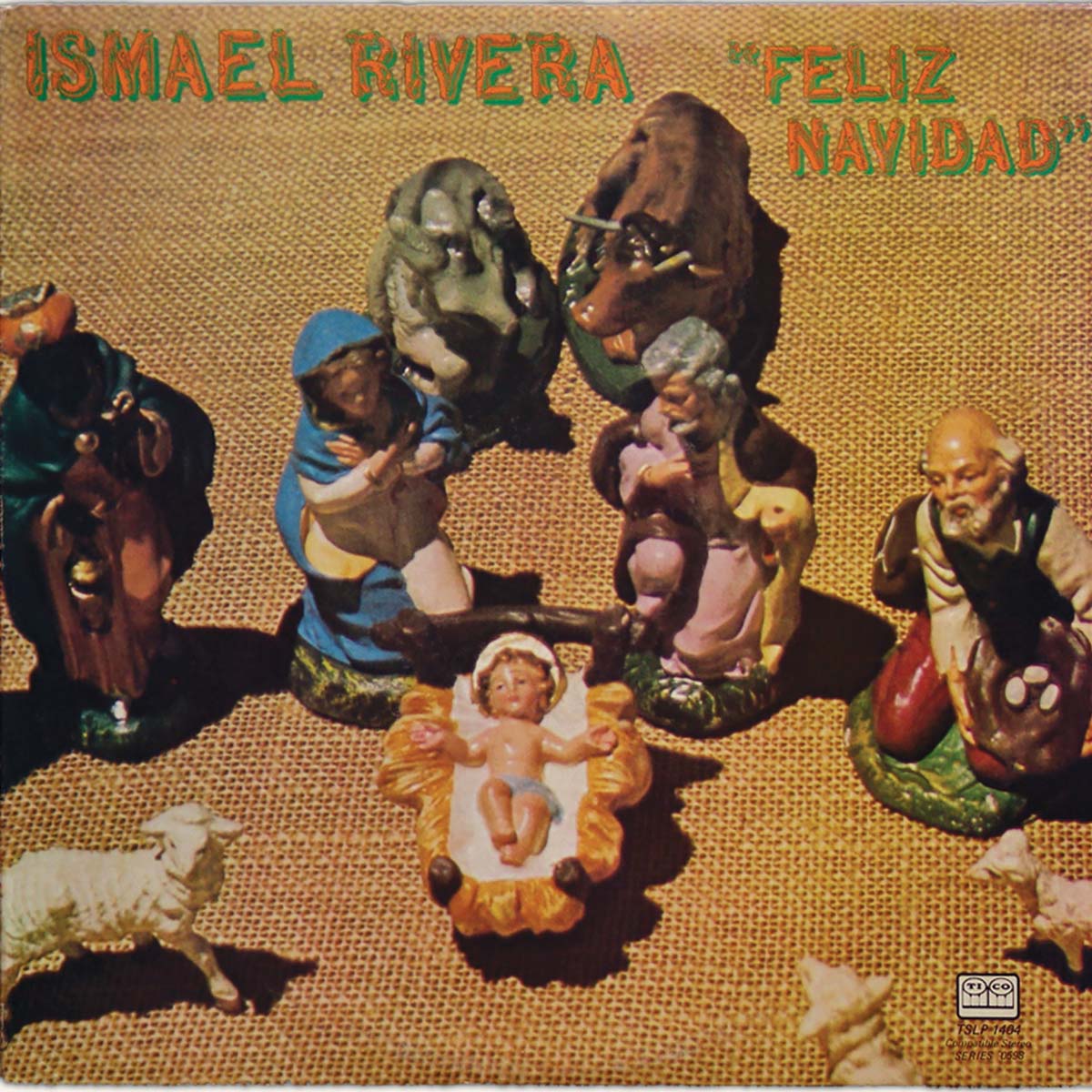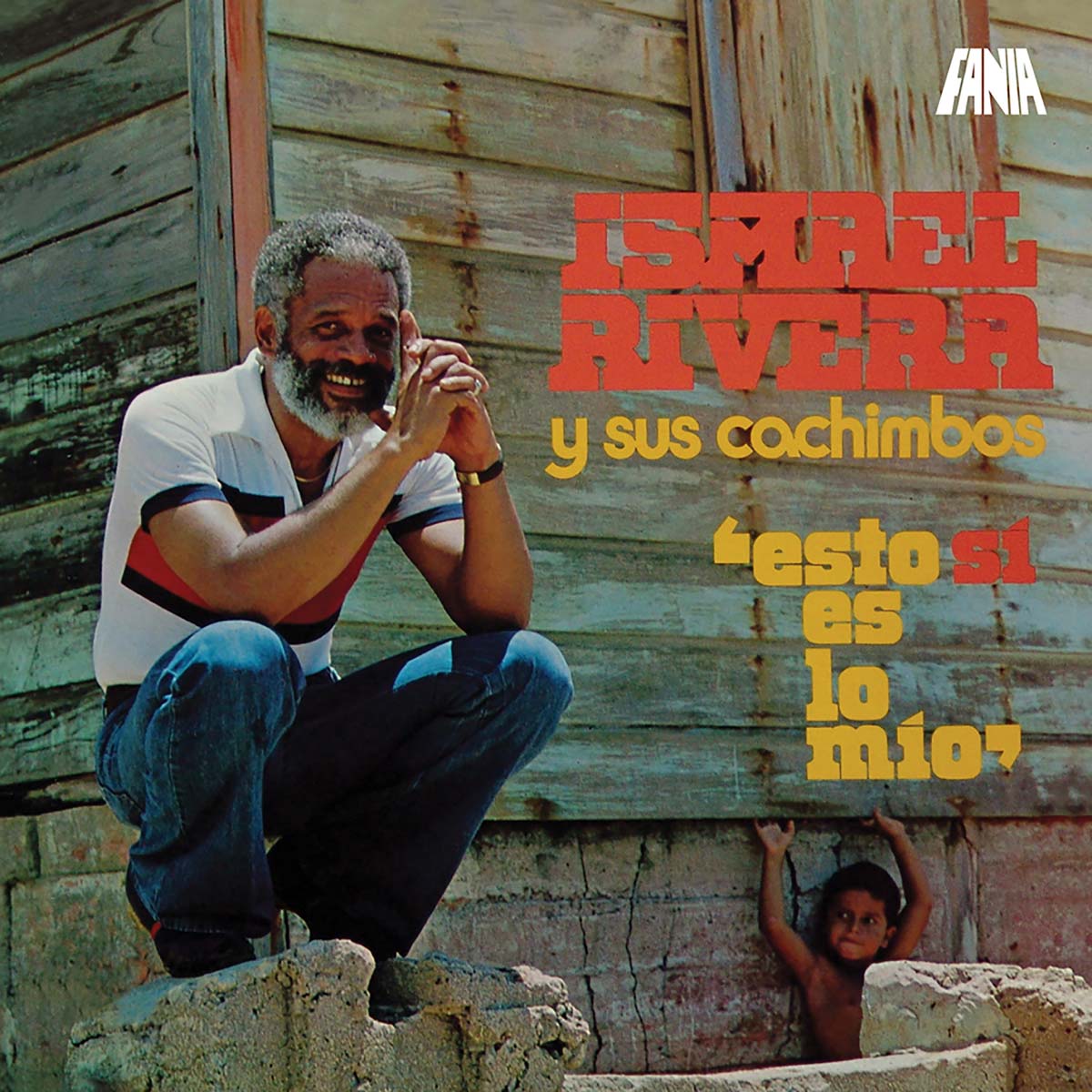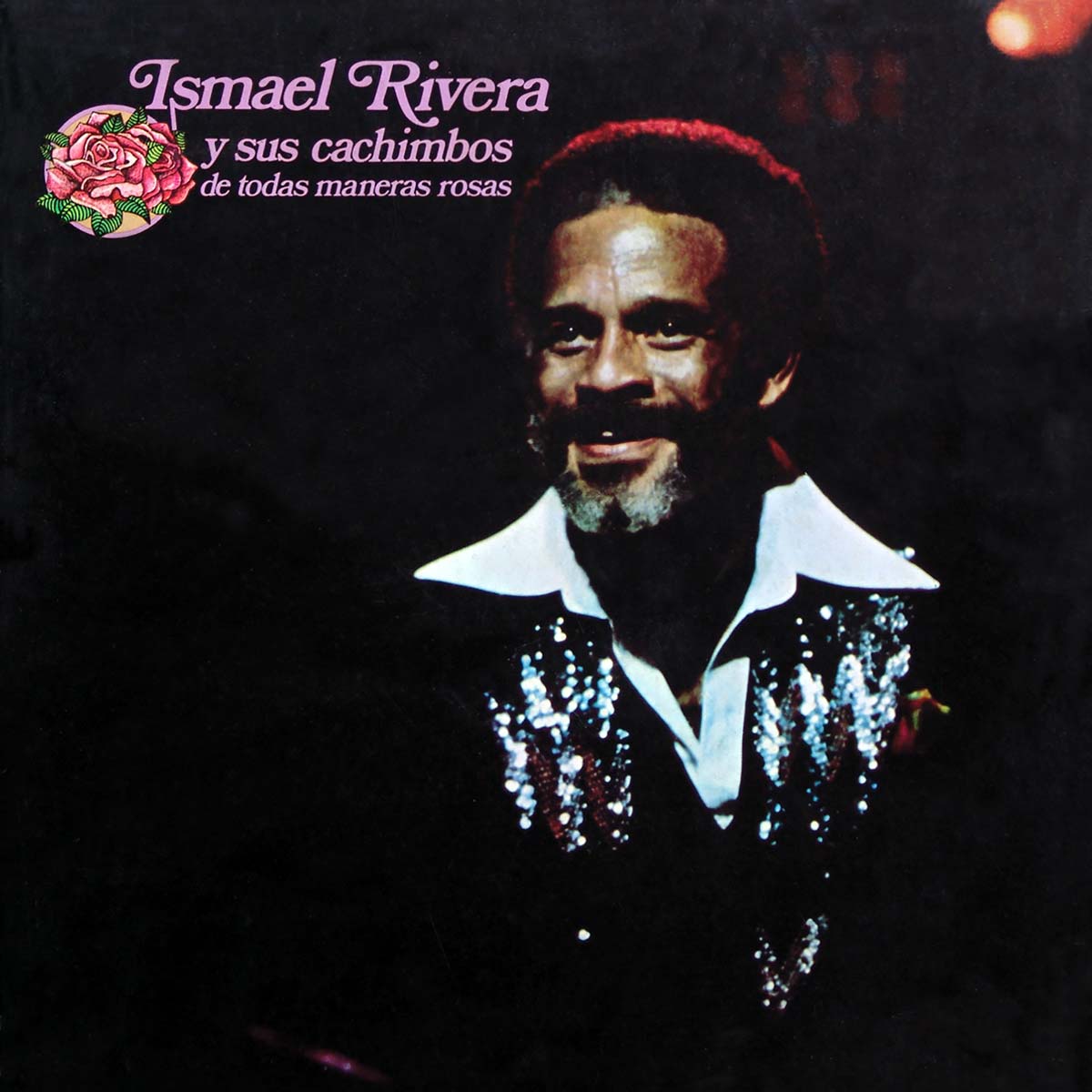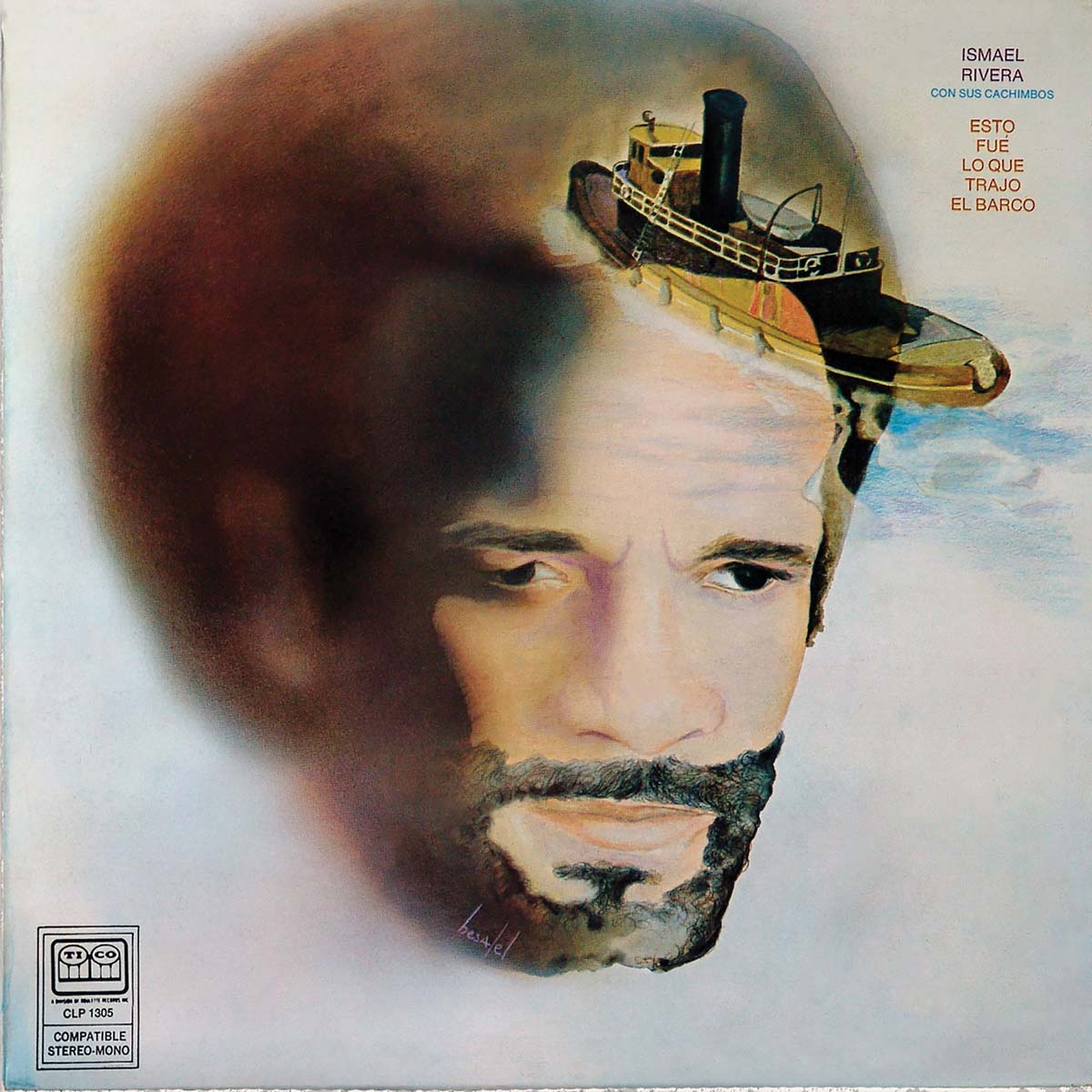
Revered, even deified, Ismael Rivera occupies the berth in the Latin music pantheon by being designated “El Sonero Mayor” (the foremost improvising Latin singer), though there has been recent controversy about when and from whom he acquired this epithet. Needless to say, Rivera, also affectionately known as Maelo, has been showered with superlatives and been the subject of numerous tribute songs. He was blessed with a crystal clear tenor voice, which he later honed into a unique improvisational instrument.
Beginning in the mid-1950’s, as a member of Rafael Cortijo’s groundbreaking combo, he was involved in modernizing the Puerto Rican music and dance forms, the bomba and plena, and breaking down the island’s racial barriers. It seemed that the world was their oyster, but in 1962, after Maelo was imprisoned for cocaine possession, members of Cortijo y su Combo, led by pianist Rafael Ithier, split to become El Gran Combo.
After serving nearly four years in prison, Maelo reunited with Cortijo on two mid-1960’s releases for Tico Records, Bienvenido!/Welcome! (1966) and Con Todos Los Hierros (Everything But The Kitchen Sink!) (1967). Uncomfortable with life as a high-profile ex-drug offender in Puerto Rico, Rivera escaped to the anonymity of New York. In 1967, while visiting the home of the Black Christ in Portobelo, Panama, Rivera had a profound religious experience. At the end of the year he decided to form his own band, called Los Cachimbos. The following year he debuted with them on Tico Records with De Colores.
Tito Puente produced the follow-up Controversia (c. 1969). In 1971, Kako joined Maelo for Lo Ultimo En La Avenida, co-arranged by Cuban pianist, arranger and composer Javier Vázquez, who became a regular sideman with Rivera and later musical director of Los Cachimbos. He wrote all the arrangements on their 1972 release Esto Fué Lo Que Trajo El Barco, the title of which is a “hipster” expression common in the drug culture with a meaning akin to “that’s all she wrote” or “what you see is what you get.” “It is one of Ismael Rivera’s most joyous and introspective albums. Ismael is in good form,” comments Ray Rosado, leader of Maña and a longstanding observer of Maelo’s career. Dime Por Qué, written by Pedro García, was the major hit of the album.
Rivera does a heartfelt interpretation of Incomprendido, one of many Bobby Capó compositions he recorded. San Miguel Arcangel reflects his spiritual preoccupations, ending with an all-too-brief trumpet solo, presumably from Victor Paz. The personnel were not credited on the original vinyl release, but more than likely included Javier Vázquez on piano; Raimundo Vázquez, Javier’s brother, on bass; Carlos “Patato” Valdez, conga; Manolín González, alto sax; Harry D’Aguilar, trombone; Victor González, bongo; and Sammy Ayala in the coro (chorus). Ayala was a former colleague of Rivera’s in Cortijo y su Combo and Esto Fué Lo Que Trajo El Barco marked the first of six albums he recorded with Los Cachimbos. Soloing is scarce on this album. D’Aguilar takes a nice “bone” solo on La Vaca Lechera and there is a concise alto solo from Manolín González on Maña-Maña. Interestingly, the melody of the catchy yet dispensable Maña-Maña is derived from Mah Na Mah Na, written in 1968 by Piero Umiliani as a soundtrack for the documentary Svezia, Inferno e Paradiso (Sweden, Hell or Heaven) about sexual activity in Sweden. The song became popular in many countries including the United States from 1968-1969. The tune got another lease of life when the Muppets performed it on television and then scored a hit with their 1976 recording entitled Mahna Mahna. Rivera soon became a major star, but his fame precipitated depression, which “made him temporarily turn away from his musical goal, searching for life’s highs through other channels”, as a 1978 Tico-Alegre Records handout coyly stated. Afterwards he reflected: “When I was punishing myself I thought that I was hurting no one but myself.”
Apparently, his religious outlook and will to survive helped him recover and successfully resume his musical career. He issued seven more solo albums between 1973 and 1980. Cortijo’s death in 1982 reportedly crushed Maelo’s spirit and resurrected the struggle with his demons. He developed polyps on his vocal chords and had to cease singing. He cleaned up and returned to Puerto Rico, where he underwent surgery and treatment; but barely a month before a planned tribute concert in 1987, he succumbed to a massive heart attack. Puerto Rico virtually stood still during his funeral as if in a state of shock.
Written by John Child


